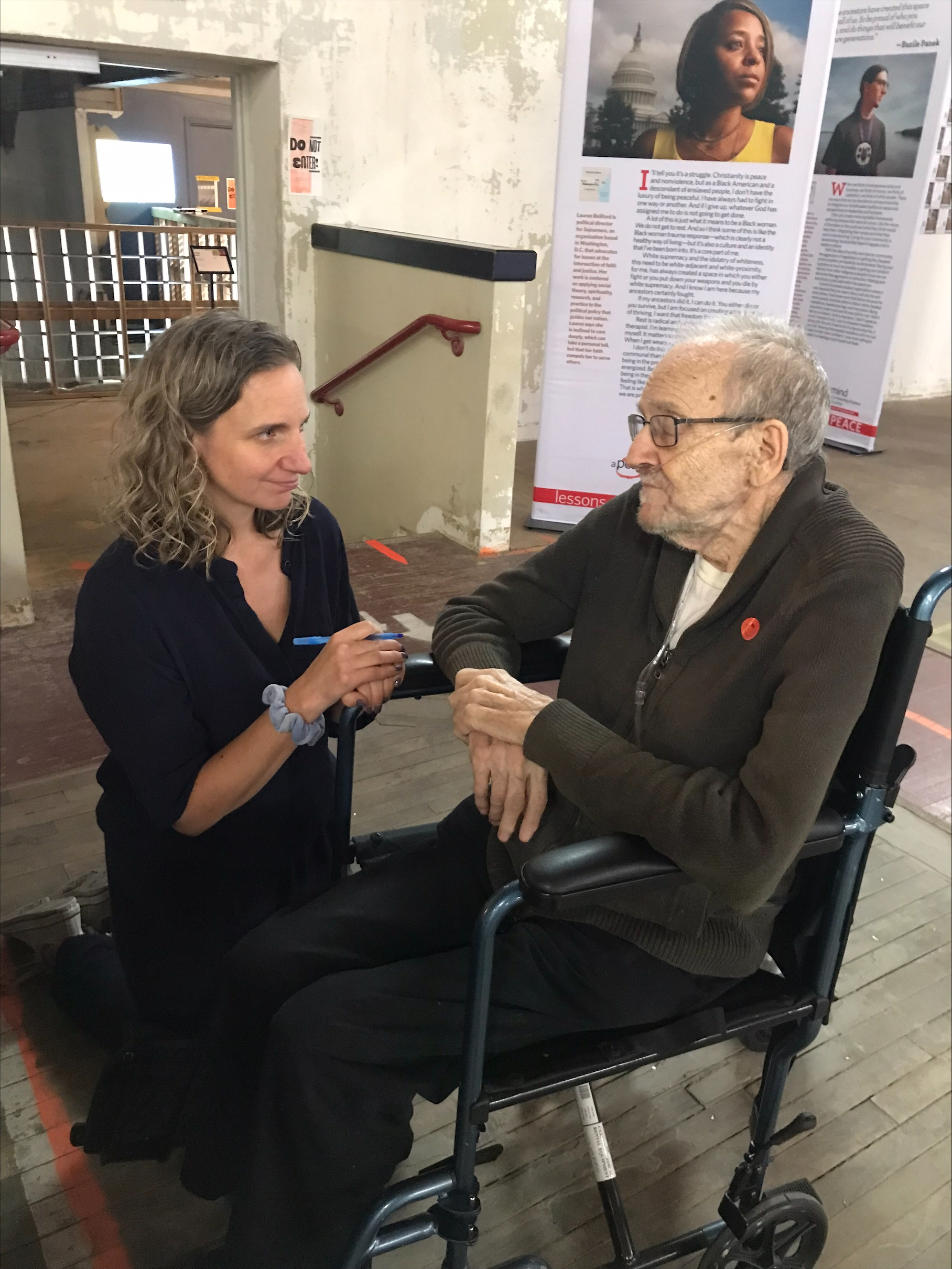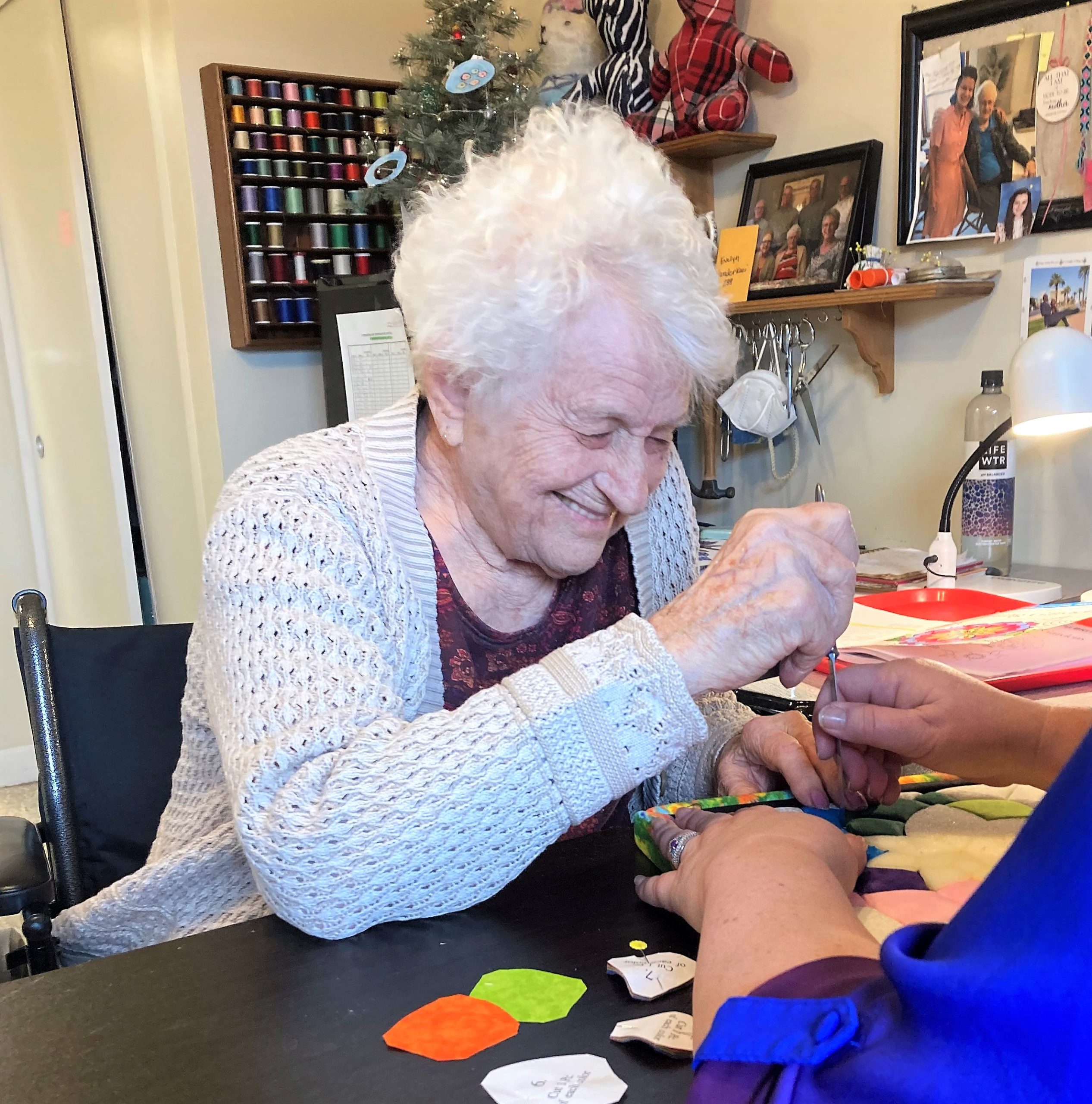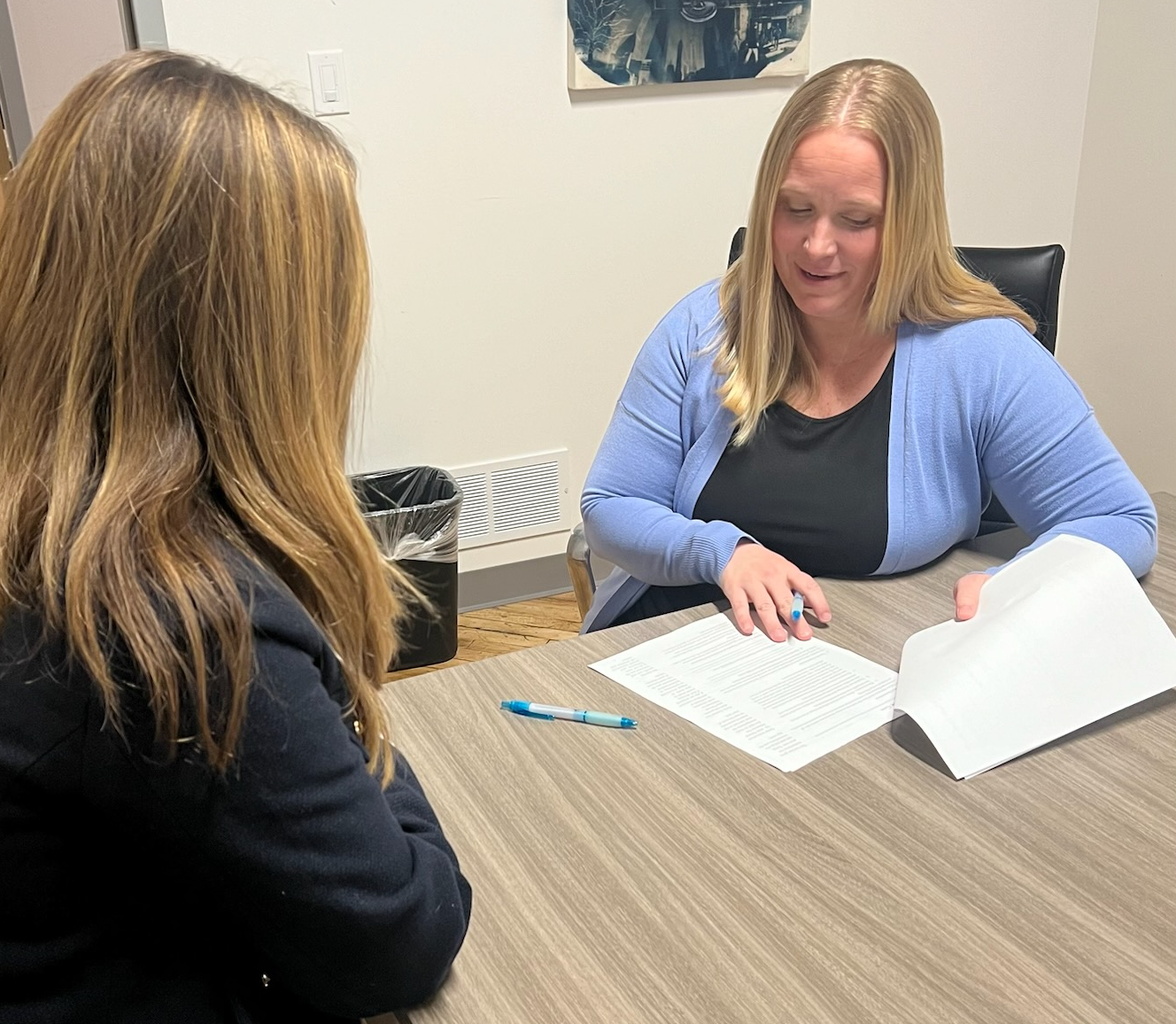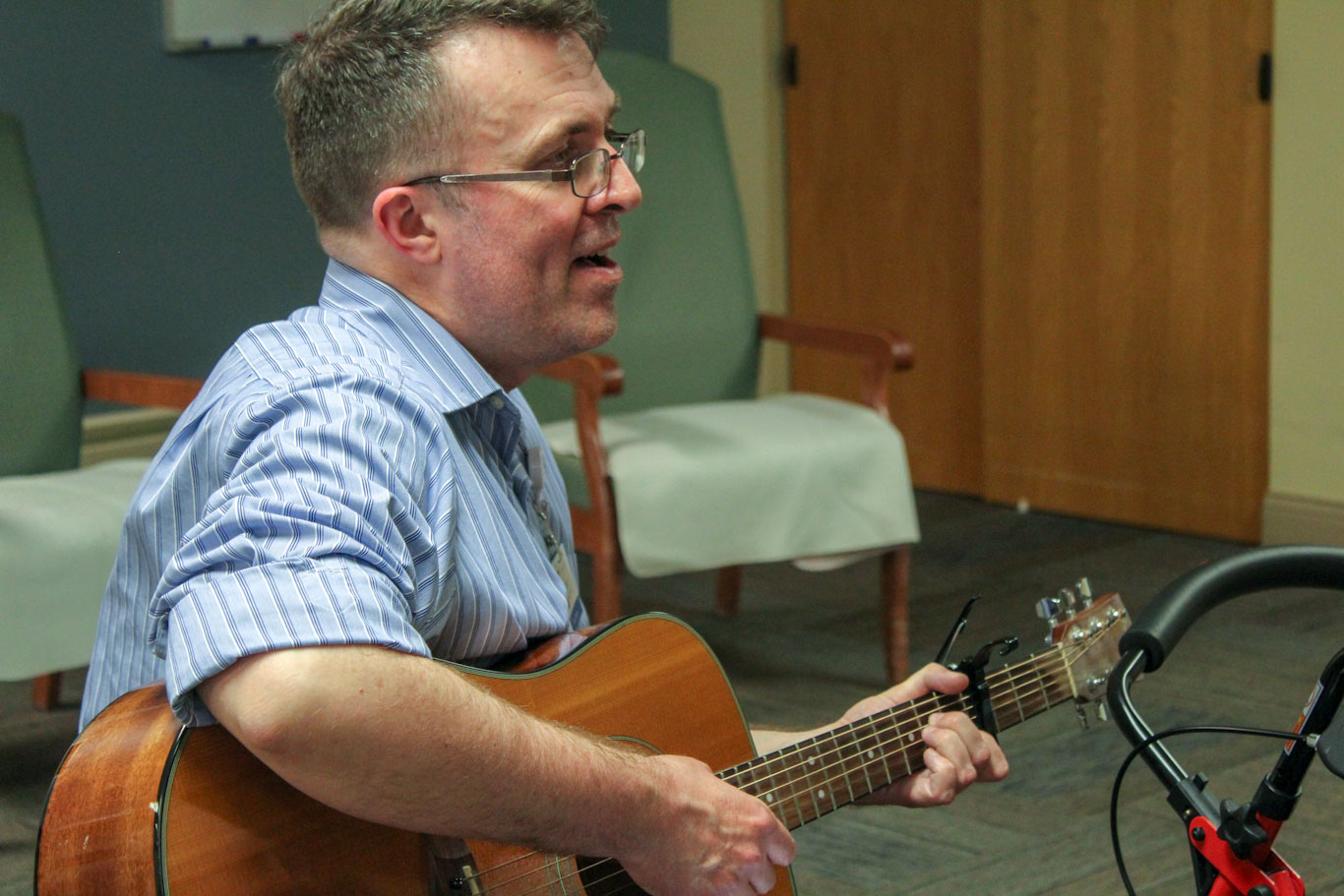For the better part of 30 years, Don Walsh worked as a friendly sleuth.
That’s what good librarians do, after all. They discover things on behalf of others.
Now, at the age of 84, the tables have turned and it’s Emmanuel Hospice serving him.
And for that, Don is especially grateful and embraces any opportunity to share details about his relationship with the Grand Rapids-based health care provider.
“This particular hospice and its people go out of their way to make it special,” he says. “They believe in what they’re doing, and it’s a privilege for me to tell their story through me.”
Don was born and raised until the age of 14 in Traverse City, and in moving to Grand Rapids, grew to love what he now considers “a great place to be.”
As a youngster, he pedaled newspapers for the Grand Rapids Herald and Press – and before that, the Record-Eagle in TC – and later worked for his father, who owned a dime store in Wyoming called Wyoming Variety.
As a teen, he became interested in collecting things – baseball cards, stamps, coins – and at age 19 actually tried his hand at owning a hobby store, a venture that lasted but four months.
Eventually, he graduated from Aquinas College, and it’s there he met the love of his life, wife Kathie, with whom he raised five children. Don and Kathie live together with a 30-year-old grandson.
Don’s first jobs after college included teaching school in the Detroit area, but he remembers thinking “It was silly to stay there because we both loved Grand Rapids so much,” and they returned to settle in Eastown. He became involved in neighborhood issues to such a degree that he became the first chairperson of the Eastown Community Association. He and Kathie are long-time parishioners at St. Andrew’s Cathedral.
Professionally, he made his biggest mark with the Grand Rapids Public Library, splitting a 30-year career between the main site downtown and the Ottawa Hills branch.
In 2010, Don had heart bypass surgery, and four years later endured a stomach tumor and then prostate cancer. Around 2018, he began experiencing shortness of breath. Nearly two years ago, he was admitted to Emmanuel Hospice after being informed that he likely had less than a year to live.
Don says his time with the Emmanuel team has been “a remarkable season of working together, and there has never been a question of how much they care.”
He’s grateful for the ways in which Emmanuel lifts up Kathie as well as their children and grandchildren, “reassuring them all and helping them through the hard parts.” He particularly appreciated the support that allowed him to attend ArtPrize and see his daughter, Sara’s exhibit, with both comfort and peace of mind.
Emmanuel Hospice relies on an interdisciplinary team, with patients like Don and his family at its center, as it works to enhance the lives of those facing serious, life-limiting illnesses.
The interdisciplinary team brings together the appropriate medical providers, along with a social worker, home health aides, spiritual care counselors, complementary therapy specialists, volunteers, bereavement counselors and others to ensure all needs are met.
Don enjoys regular visits from his Emmanuel care team. His first encounter was with an intake specialist, who helped him understand his options going forward. Then he saw a social worker, who helped him sort through some red tape involving a hospital bill.
He occasionally requests time with a spiritual adviser, who helps him “talk things through about my life, my life after, and anything I want to have a dialogue about.”
Twice a week, an aide visits and, depending on the need, will bathe him, shave him and tend to other affairs of daily living. Once every two weeks, he receives massage therapy, which helps comfort the after-effects of a recent fall he incurred. Weekly, a nurse visits and helps him manage his medications and troubleshoots any new developments.
Receiving care in his home “is so much more than simply receiving services,” he says. “They’re there not only sharing their lives with you, but helping you along a tough journey. I know it’s a business, but that’s not what they ever project. It’s more of a mission.
“People,” says Don, “get the crazy idea that hospice is about dying. But it’s about living. And it’s about taking the time to relax and have someone care for you in such generous ways. This particular hospice goes out of its way to make that special.”
For more about Emmanuel Hospice, call (616) 719-0919 or visit emmanuelhospice.org




